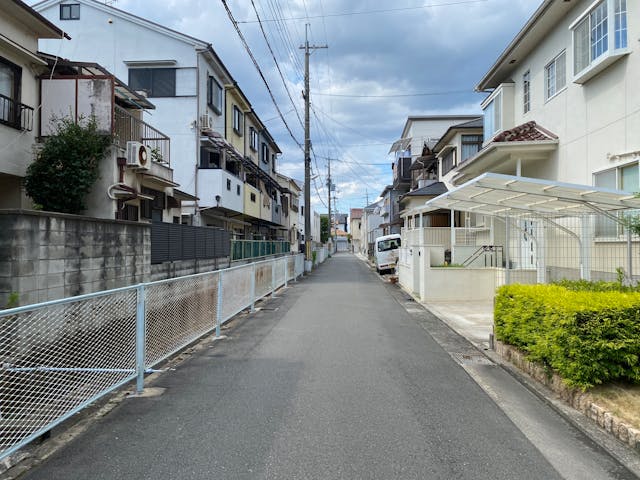A six-year cohort study in Japan involving nearly 39,000 older adults has found that people living in rental flats and owner-occupied detached houses face a higher risk of dying from cardiovascular diseases (CVDs) than those in owner-occupied flats. The researchers suggest that colder and less stable indoor temperatures in these types of homes may be responsible for the increased risk. They argue that improving housing quality to maintain warmer, more stable indoor environments could help reduce cardiovascular deaths, especially among men.
Housing has long been recognised as a key determinant of health. Studies across the world have shown that poor housing conditions increase the risk of heart disease and stroke. In 2018, the World Health Organization (WHO) highlighted in its Housing and Health Guidelines that cold homes are strongly linked to cardiovascular problems because exposure to cold raises blood pressure. Similarly, Japan’s 2024 Cardiovascular Disease Clinical Practice Guidelines identified housing as an important social and environmental factor influencing cardiovascular health outcomes.
The new research, published in BMJ Public Health in September 2025, was conducted by scientists from the Institute of Science Tokyo, led by Assistant Professor Wataru Umishio. The team included collaborators from Hamamatsu University School of Medicine, Nihon Fukushi University, and Chiba University. Using data from 38,731 participants with an average age of 73.6 years, the researchers linked housing type and ownership status—such as detached houses or flats, rented or owned—to official records of deaths caused by cardiovascular conditions like heart failure, arrhythmias, heart attacks, and strokes.
One primary explanation for the differences lies in the structural features of various housing types. Detached houses, exposed on all sides, tend to have colder, more unstable indoor temperatures than flats, which benefit from insulation provided by neighbouring units. Previous studies in Japan have shown that these temperature fluctuations can raise blood pressure and increase its variability, contributing to cardiovascular risk. Men appeared to be more affected, as they generally have higher blood pressure levels than women, particularly in their 60s and 70s.
Rental flats presented another source of risk. Many of these properties have poor insulation and outdated heating systems, mainly due to the “split incentive” problem: landlords have little financial incentive to invest in energy-efficient improvements that primarily benefit tenants. National data show that only about 15% of Japan’s rental homes have double-glazed windows, compared with nearly 40% of owner-occupied ones. This insulation gap means that rental flats are more likely to have cold indoor environments, increasing strain on the cardiovascular system during winter.
The study concludes that improving home insulation and maintaining indoor temperatures above the WHO-recommended minimum of 18 °C could help reduce cardiovascular deaths in Japan’s ageing society. Better housing conditions would not only protect vulnerable older adults but also reduce energy consumption, supporting climate goals. As Professor Umishio notes, promoting high-quality, energy-efficient housing can improve both human and planetary health—ensuring that people live not just longer, but healthier lives in warmer, safer homes.
More information: Wataru Umishio et al, Combination of housing type (detached houses vs flats) and tenure (owned vs rented) in relation to cardiovascular mortality: findings from a 6-year cohort study in Japan, BMJ Public Health. DOI: 10.1136/bmjph-2025-003073
Journal information: BMJ Public Health Provided by Institute of Science Tokyo








